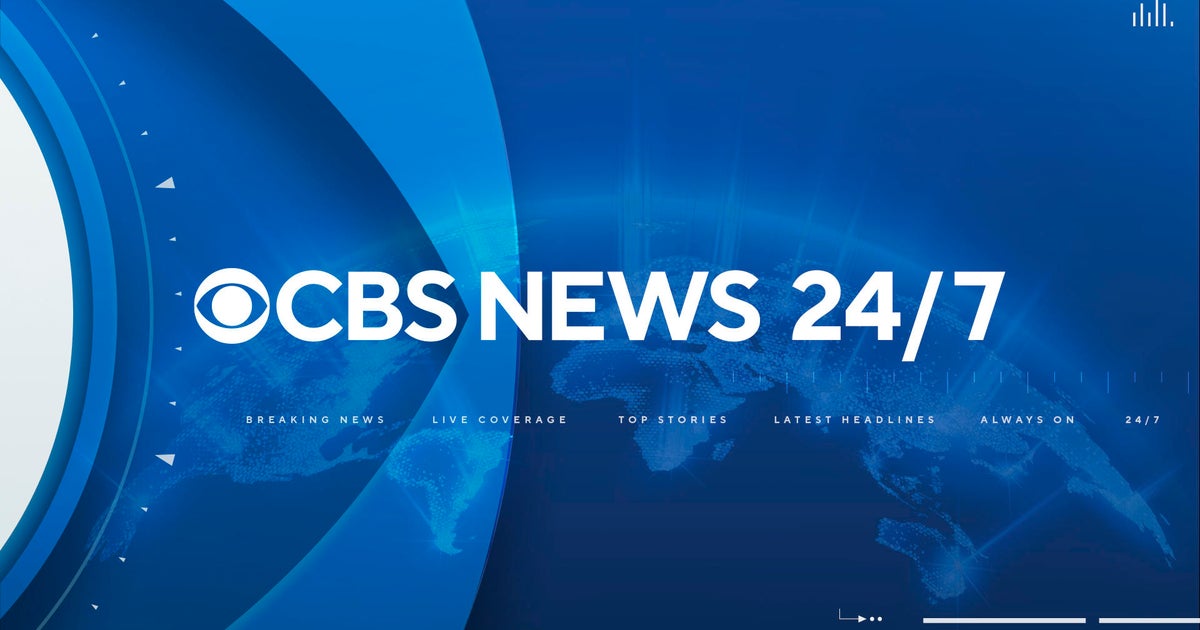Discover In-Depth News Analysis for Current Events
Discover In-Depth News Analysis for Current Events
Blog Article
Stay Informed: The Relevance of Reliable Information Resources in Today's Globe
In an age identified by an overwhelming influx of details, the relevance of reputable information sources can not be overemphasized. As the limits in between truth and fiction blur, the ability to recognize credible journalism from sensationalism is crucial for both specific understanding and social communication. The implications of consuming misinformation extend past individual perspectives, affecting public trust and plan decisions. As we explore the mechanisms of reputable journalism and the techniques for recognizing trustworthy resources, the ramifications for our cumulative future ended up being increasingly noticeable. What actions must we require to make certain that our details landscape continues to be a stronghold of truth?
The Duty of Qualified Journalism
Trustworthy journalism plays an important duty in making sure that citizens get accurate, timely, and pertinent info. This feature is necessary for fostering public discussion, promoting openness, and holding power responsible.
In addition, legitimate journalism shapes public viewpoint and affects policy-making by lighting up varied point of views. It serves as a watchdog, checking out impropriety and highlighting social injustices that may otherwise go undetected. By focusing on factual coverage and lessening bias, responsible journalists contribute to a much more well balanced narrative in the media landscape.
On top of that, the duty of qualified journalism expands past plain details circulation; it additionally grows depend on between the media and the general public. When information organizations constantly deliver truth-driven material, they establish themselves as dependable sources, reinforcing the general public's self-confidence in the media. Ultimately, trustworthy journalism is vital for an operating democracy, as it makes sure that the electorate is notified and engaged, thus facilitating a more robust public discussion.
Understanding copyright News
Browsing the facility landscape of information today needs an eager understanding of phony news and its ramifications. Phony news describes misinformation or disinformation provided as legitimate information, typically created to deceive audiences for numerous intentions, consisting of political, financial, or social gain. The fast spreading of electronic systems has actually made it easier for such content to circulate, posturing significant obstacles to public discussion and notified decision-making.
Recognizing fake information involves acknowledging its attributes, such as sensational headlines, absence of legitimate sources, and psychological control. It commonly exploits existing biases, enhancing assumptions and polarizing viewpoints. The consequences of fake information are extensive; they can distort public assumption, wear down count on real journalism, and incite department within communities.
As consumers of details, it is vital to continue to be vigilant, question the sources of news, and look for verification of cases. In an era where information is abundant and frequently deceptive, a detailed understanding of fake news is necessary for fostering a knowledgeable population capable of navigating the complexities of modern-day media.
Identifying Reliable Resources
In today's information-saturated environment, discerning dependable sources is critical for fostering notified decision-making. With the spreading of news electrical outlets and electronic systems, differentiating legitimate information from deceptive content has actually come to linked here be increasingly tough.
To determine reputable resources, first, evaluate the reputation of the author. Reliable wire service typically have an enduring background of journalistic integrity and comply with honest standards. Try to find sources that offer clear authorship, allowing you to evaluate the qualifications and proficiency of the reporter.
Following, take into consideration the evidence offered. Trustworthy posts should cite verifiable facts, consist of quotes from experts, and recommendation main resources. Cross-referencing information across several trustworthy electrical outlets can additionally confirm accuracy and minimize prejudice.
Be careful of sensationalism and emotional language, which read here can indicate an agenda instead of a commitment to factual reporting. Additionally, be conscious of the magazine date, as out-of-date info may no more be appropriate.
The Consequences of False Information

The spread of false information can likewise polarize neighborhoods, sustaining department and conflict. When individuals rely upon incorrect narratives, it produces an atmosphere where discussion ends up being increasingly hard, as opposing factions stick to their beliefs, typically overlooking accurate proof. This erosion of a common understanding weakens democratic processes and can bring about the destabilization of societies.
Furthermore, misinformation can have serious economic effects. Services may experience due to false claims concerning their services or products, while investors can be deceived by incorrect details impacting market stability. In summary, the ramifications of misinformation expand much beyond private ideas, impacting public trust, area cohesion, and economic security, highlighting the urgent need for reliable news resources in today's complex information landscape.
Methods for Staying Informed
Remaining informed in the electronic age needs a calculated method to media consumption, as find more info the large quantity of details can be frustrating - news. To browse this landscape properly, people need to start by recognizing reputable information sources recognized for their journalistic integrity. Subscribing to reliable newspapers, news internet sites, and fact-checking organizations can give a strong structure for recognizing current occasions

Establishing apart details times for news intake can additionally boost focus and prevent details overload. It is recommended to restrict social media sites surfing, as algorithms typically prioritize sensationalized material. Rather, consider complying with reporters and specialists straight to receive even more trustworthy updates.
Lastly, participating in conversations with others can facilitate much deeper understanding and critical believing regarding present problems. news. By utilizing these methods, individuals can cultivate a much more informed and critical approach to the news, eventually cultivating an all-around understanding of the globe around them
Final Thought
In verdict, the importance of dependable information sources can not be overstated in the modern information landscape. Inevitably, a cautious technique to information intake will certainly empower people to make enlightened choices, thus enhancing the structures of democratic interaction and social count on.
Report this page